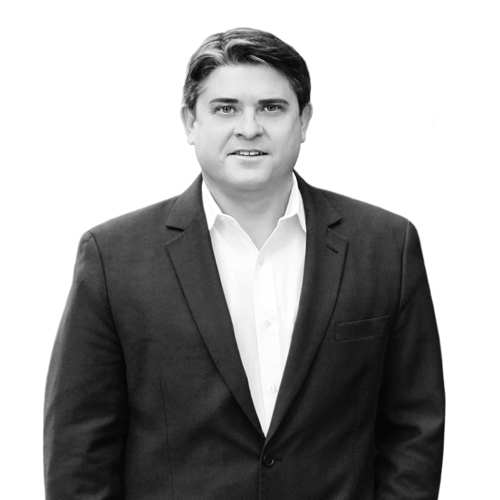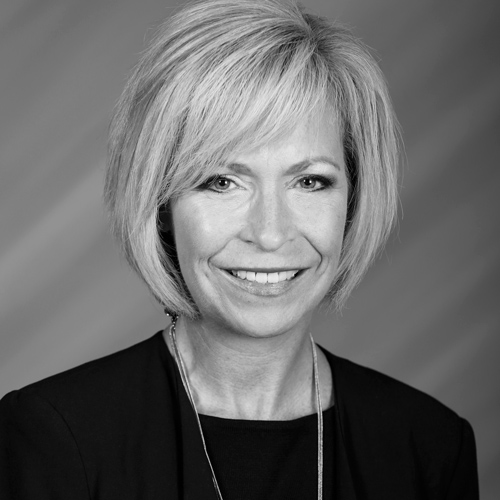Elton John, Josh Groban, Chaka Khan, and Sheryl Crow have a few things in common. They’re all platinum-selling artists, they’re all Yamaha-sponsored artists, and they’ve performed as part of the company’s One Yamaha initiative—a program that could only be led by someone with the acumen of HR leader Tracy Bargielski.
Before she came to Yamaha, Bargielski already had a broad range of HR experience and tremendous insight into how HR needs to integrate with the business. She also understood the importance of aligning human capital with key business initiatives. As an officer of the company, corporate secretary, and vice president of the HR division, Bargielski has applied her expertise and extensive efforts into transforming the HR function so that it better supported Yamaha Corporation’s objectives and exponentially improved company culture and morale.
When she arrived, Bargielski faced several significant challenges. Within three months of joining the company, the 2008 recession hit and Yamaha experienced its first across-the-board layoffs, which took a toll on morale. Additionally, company divisions lacked collaborative relationships with HR that could help them adapt to changing business demands.
“We needed to immediately evaluate and identify operating costs, existing structures, and the skill sets needed to create sustainable improvement without further damaging morale,” Bargielski explains. “We also had to start rebuilding trust.”
She addressed all of these issues and more through a multi-pronged approach that uses a number of different strategies and initiatives.
HR now focuses on the right fit for the culture and for the job. To support this focus, the company uses the Process Communication Model (PCM), which identifies individual personalities, motivators, and communication styles. The tool, which is also used by NASA, helps predict, diagnose, and prescribe actions that will improve business performance.
Combined with strong development programs, the overall quality of new hires and engagement have increased, turnover rates have dropped dramatically, and individual performance has improved. In fact, results of ninety-day surveys and one-year employee reviews have, on average, returned higher scores, and new hires are consistently among the company’s top performers. All of these results have also been correlated to year-over-year growth in revenue since the efforts went into full gear.
Bargielski has also positioned HR as a trusted resource for addressing a variety of operational challenges.
“We’ve nurtured a new perspective so that HR is seen as a partner that is able to recognize and address critical workforce planning details,” she says. “We look beyond traditional planning, where strategies are aligned with the necessary budgets to include human capital and how it facilitates achieving business objectives.”
In one instance, a division was transitioning its traditional marketing strategy from print to a nearly completely digital approach. HR was able to identify a critical lack of expertise among existing staff to accomplish that goal. Working closely with division management, Bargielski and her team were able to pinpoint the skill gap and develop a targeted recruitment and hiring strategy in less than three months.
The HR team also helps facilitate a unified vision of the company by contributing to Yamaha’s numerous global initiatives. These programs help share best practices between subsidiaries and help develop high-potential employees. One example is the Yamaha Global Institute. The year-long program takes a team consisting of members from subsidiaries around the world to company facilities in several countries, provides advanced training at Hitotsubashi University in Tokyo, and challenges them to develop a ten-year business plan.
HR also plays a major role in promoting the One Yamaha initiative and a corporate philosophy that is based on the power of music and sound and the bond it creates between people and different cultures around the world.
“By focusing on the One Yamaha philosophy—no matter what an individual’s role is—we can identify the impact each person has and how they make a difference and contribute to our mission and our customers,” Bargielski says. “It’s a communal effort that we’re all a part of.”
The company kicks off One Yamaha every year by closing its offices for a daylong meeting at the Cerritos Center for the Performing Arts. The event is capped off by a private concert, that—in addition to international stars—has showcased performers, such as a group of Wounded Warriors who were able to reduce their PTSD symptoms by learning to play guitar.
Bargielski has also made great strides in developing successful communication and collaboration among divisions and creating a warm, collaborative, and supportive culture. She even developed a morale calendar, an idea that was hatched along with her former boss and mentor Brian Jemelian, senior vice president of finance and administration, who passed away suddenly in the summer of 2017.
Additionally, events such as the Quarterback Challenge during football season, Spirit Week (including Crazy Hair Day and Rock ‘n’ Roll Day), and a Yamaha Idol contest have all helped make community and company culture high-profile priorities that invite broad participation and are hard to neglect or overlook.
“The morale calendar is a reminder of how important an enjoyable and supportive environment is,” Bargielski says. “It’s a way for us to share, plan, and look forward to having fun with each other.”
That spirit has become infectious. Two of the company’s Japanese divisions wanted to participate in the Halloween contest last year and sent in pictures so they could compete.
It’s all part of Bargielski’s belief that by focusing on Yamaha’s people, its culture, and how all the elements are part of a larger whole, HR can help to position the company and each individual for sustainable, long-term success.
Revolution Advisors is proud to have been a strategic partner for Yamaha for more than a decade. Our cross-functional teams of consulting experts have partnered with Yamaha and other clients around the globe to drive meaningful change and help organizations tackle some of their toughest challenges. We make revolutionary change a reality.
Ultimate Software is a leading cloud provider of human capital management solutions. Ultimate’s award-winning UltiPro® delivers HR, payroll, and talent management solutions designed to improve the employee experience at all levels of the organization. Founded in 1990, Ultimate supports thousands of customers representing diverse industries, managing millions of people worldwide.

